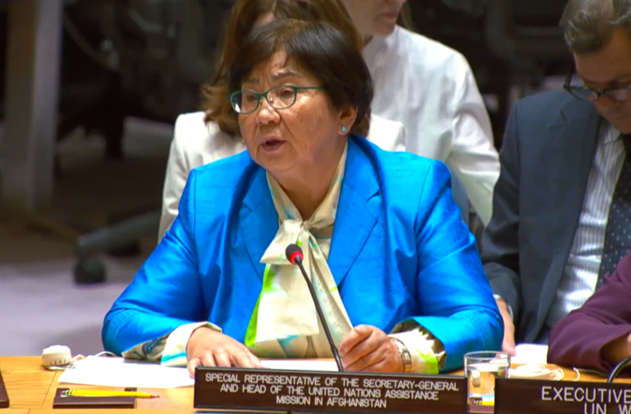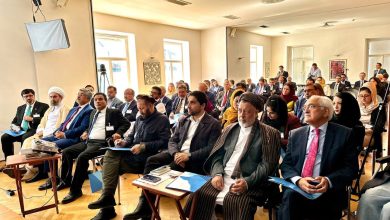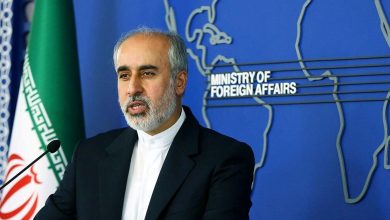
UNAMA Chief: Taliban’s ‘Promotion of Virtue’ Law Endangers Global Engagement
Bayan News – Rosa Otunbayeva, the UN Secretary-General’s Special Representative for Afghanistan, stated at the UN Security Council that the Taliban’s “Promotion of Virtue” law has jeopardized efforts to enhance global engagement with the ruling authorities in Afghanistan.
Speaking at the Security Council meeting last night (September 18), Otunbayeva said, “Whether intentionally or unintentionally, the introduction of certain restrictions in this law, which had already been condemned by the international community, weakens engagement with them.”
The UN Security Council meeting focused on the situation in Afghanistan.
The Special Representative added that since taking control of Afghanistan, the Taliban have imposed severe restrictions on Afghan women under the guise of their Islamic laws.
Otunbayeva emphasized that women under the Taliban’s rule are deprived of basic rights such as education, access to public spaces, and the ability to work in various public and private institutions.
She further mentioned that the third Doha meeting was an opportunity for the Taliban to hear the concerns of invited countries on human rights, particularly the restrictions on girls and women. While it showed a good start for meaningful dialogue, the Taliban undermined the achievements of the third Doha meeting by approving the new “Promotion of Virtue and Prevention of Vice” law.
Meanwhile, Nasir Ahmad Faiq, the acting permanent representative of Afghanistan to the UN, expressed concern over the UN Special Representative’s participation in the Doha meetings. He stressed that attending such meetings gives the Taliban concessions and disregards the fundamental rights of Afghan women.
Faiq warned that these meetings, without achieving satisfactory outcomes, could lead to the normalization of relations with the Taliban.
The Taliban’s new “Promotion of Virtue” law, consisting of a preamble, four chapters, and 35 articles, has faced widespread international criticism. However, Taliban officials continue to defend the law.
In response to the criticism, Taliban officials have stated that Afghanistan’s laws are based on Islamic Sharia and that no one has the right to interfere in these matters.







